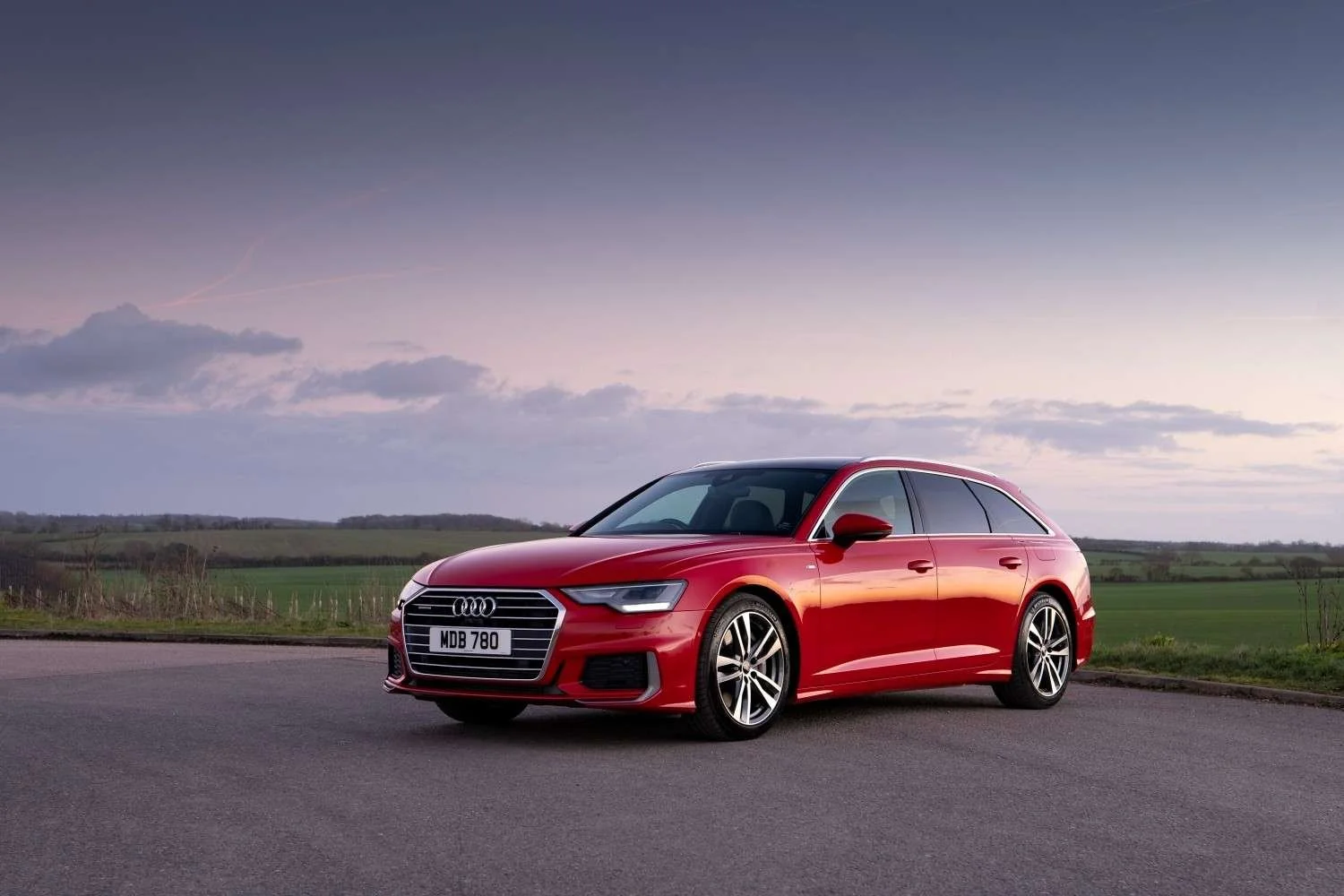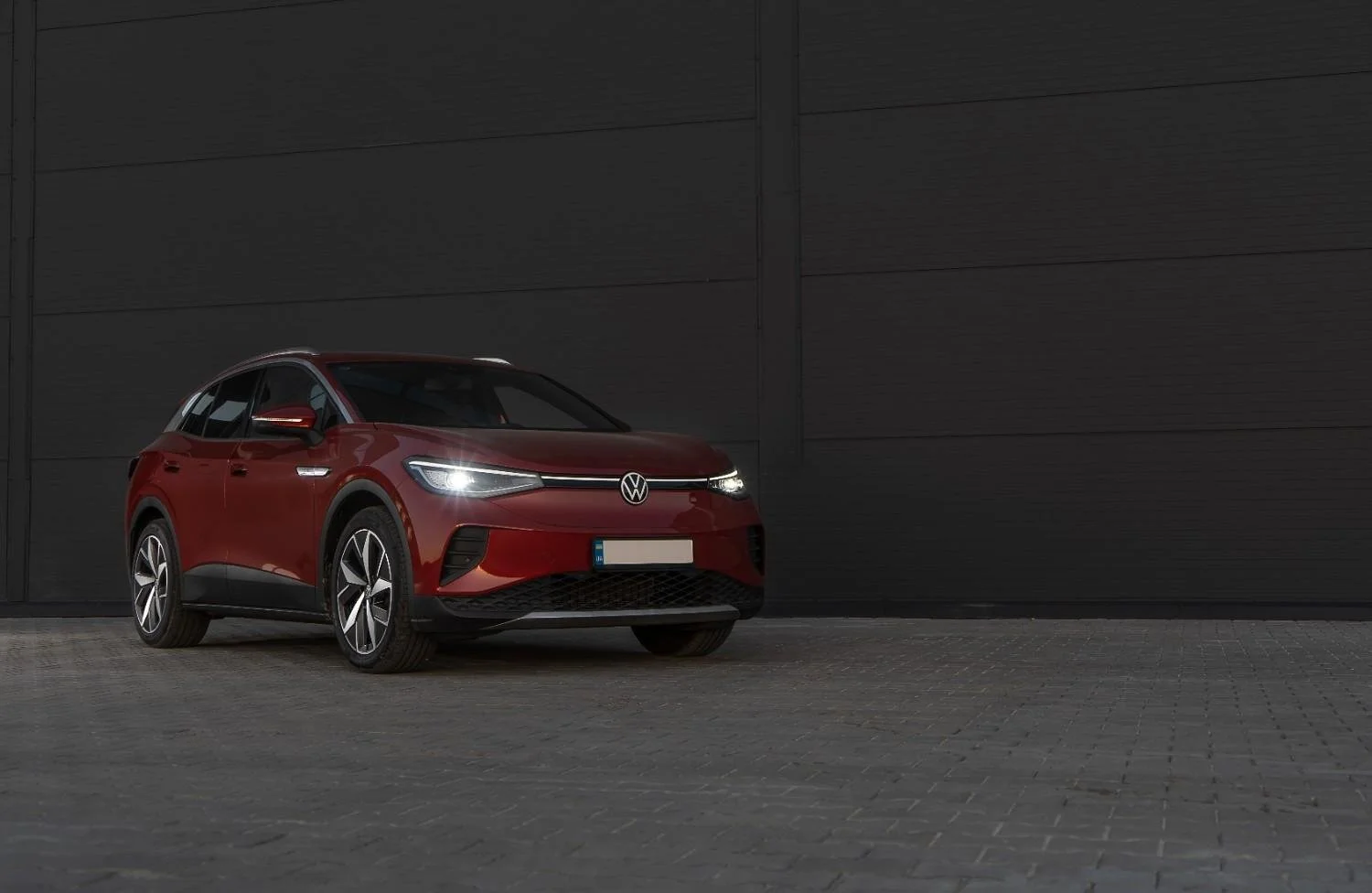Can You Salary Sacrifice a Hybrid Car? HMRC Rules & Eligibility 2025
Source: Audi Newsroom
If you're considering a hybrid through salary sacrifice, you're probably wondering whether it's actually worth it - or if you'd be better off going fully electric.
The short answer? Yes, you can salary sacrifice a hybrid car in the UK. Both plug-in hybrids (PHEVs) and self-charging hybrids qualify under HMRC rules. But here's the thing: the savings vary dramatically depending on the car's CO₂ emissions, electric range, and Benefit-in-Kind (BiK) rate.
Hybrid salary sacrifice sits in a complex space - between the low-tax advantages of electric vehicles (EVs) and the higher BiK costs of petrol or diesel cars. In this guide, we’ll break down the HMRC position, BiK calculations, and how leasing a hybrid through a salary sacrifice scheme makes sense.
The Short Answer: HMRC Rules on Hybrid Salary Sacrifice
HMRC allows hybrid cars, including plug-in, self-charging, and mild hybrids, to be provided under salary sacrifice. These fall within the Optional Remuneration Arrangement (OpRA) rules, which ensure tax is applied fairly to all employee benefits.
What You Need To Know:
Under OpRA, the taxable value (BiK) is based on the car's P11D value and CO₂ emissions, not the amount of salary you give up.
The lower the emissions and the longer the electric range, the lower the BiK rate.
HMRC defines "Ultra-Low Emission Vehicles (ULEVs)" as cars producing ≤75g/km CO₂ - only these qualify for the lower hybrid tax bands.
This system is technology-neutral, meaning HMRC doesn't differentiate between hybrid types. It simply applies tax based on verified WLTP emissions data. However, government policy clearly favours zero-emission vehicles, which explains why pure EVs enjoy a 3% BiK rate in 2025/26, while most hybrids sit higher.
Which Hybrid Cars Qualify for Salary Sacrifice?
Plug-in Hybrids (PHEVs) - The Recommended Option
Plug-in hybrids combine electric motors with petrol engines and can be charged externally. HMRC applies BiK based on electric-only range and CO₂ output.
Typical 2025/26 BiK bands for PHEVs:
130+ miles range: 8%
70-129 miles: 14%
40-69 miles: 17%
Under 40 miles: 20%
Image source: Hyundai Newsroom
Popular models include the BMW 330e, Kia Niro Plug-In Hybrid, and Hyundai Tucson Plug-In Hybrid.
Self-Charging Hybrids - Eligible but Expensive
These vehicles can't be plugged in, so they're treated more like petrol cars under HMRC rules. Their BiK rates usually fall between 24% and 29%, meaning employees often pay more tax than on a pure EV.
Mild Hybrids - Avoid for Salary Sacrifice
Mild hybrids only offer light electrical assistance to the engine and are taxed almost identically to standard petrol models. The tax savings through salary sacrifice are minimal.
Range-Extended EVs - A Niche Category
Older or specialist models that use a petrol engine as a generator (like the BMW i3 REx) may still qualify under plug-in hybrid rules, but these are rare today.
HMRC BiK Tax Rates: Hybrids vs EVs
| Tax Year | Pure EVs | Plug-in Hybrids (PHEV) | Self-Charging Hybrids |
|---|---|---|---|
| 2025/26 | 3% | 8–20% | 24–29% |
| 2026/27 | 4% | 9–21% | 25–30% |
| 2027/28 | 5% | 10–22% | 26–31% |
How BiK is Calculated
BiK cost per year = (P11D value) × (BiK rate) × (tax rate)
Example (40% taxpayer):
£50,000 EV (3% BiK) → £50,000 × 3% × 40% = £600/year
£50,000 PHEV (14% BiK) → £50,000 × 14% × 40% = £2,800/year
£50,000 self-charging hybrid (27% BiK) → £50,000 × 27% × 40% = £5,400/year
Even before fuel and maintenance costs, that's a £4,800 annual difference between an EV and a self-charging hybrid.
The gap will widen slightly after 2028 as Euro 6e-bis testing introduces stricter WLTP CO₂ measurements - potentially nudging some PHEVs into higher BiK brackets.
Employer Policy Variations: Not All Companies Offer Hybrids
Image source: Ford Media Centre
Employers have the opportunity their own rules on which vehicles qualify for their scheme.
Some exclude hybrids to simplify ESG reporting and focus on 100% electric fleets, while others include PHEVs to give flexibility to rural or high-mileage drivers who can't easily charge at home.
At The Electric Car Scheme, we help employers strike that balance by supporting policies that encourage participation without compromising sustainability goals.
If you're unsure whether your company's scheme includes hybrids, ask:
Are plug-in hybrids listed as eligible vehicles?
Is there a maximum CO₂ limit (typically ≤75g/km)?
Do employees need access to workplace or home charging?
For employers setting up a new policy, see our guide on what's included with The Electric Car Scheme.
Step-by-Step: How to Salary Sacrifice a Hybrid
Once you've decided a hybrid works for your situation, the process is straightforward. Here's how to get from initial interest to driving your new car:
Check employer eligibility: Confirm hybrids are included in your company's salary sacrifice scheme
Understand your numbers: Use our salary sacrifice calculator to estimate BiK and take-home pay
Choose your hybrid: Compare CO₂, electric range, and total running costs
Apply through your employer: Your leasing partner arranges the contract and compliance checks
Receive your car: Delivery usually takes 8–12 weeks
Annual reporting: BiK tax is reported automatically via payroll
End of term: You can renew, return, or purchase your car depending on scheme terms
When Hybrid Salary Sacrifice Makes Sense (vs EVs)
A plug-in hybrid may make sense if:
You can't install a home charger
You live in a rural area or travel long distances regularly
You want a low-emission option before going fully electric
Image source: Shutterstock
But in most cases, a pure EV offers the lowest BiK rate (3%), zero tailpipe emissions, and lower lifetime running costs. Most drivers will save more with an EV once all costs are considered.
If you're comparing options, it's worth exploring different electric car models to find what suits your driving patterns. At The Electric Car Scheme, we provide access to a wide range of vehicles across all leading manufacturers at competitive prices.
So, can you salary sacrifice a hybrid car? Yes - but the value depends on the type of hybrid and how you use it. Plug-in hybrids can deliver strong savings under the right conditions, while self-charging hybrids rarely match the financial or environmental benefits of pure EVs.
With BiK rates gradually increasing through 2028, now is the time to compare your options. Whether you're choosing a hybrid or going fully electric,The Electric Car Scheme can help you find the right car at the best price - making the switch simple, affordable, and fully HMRC-compliant.
Are you an employer?
BOOK A DEMOAre you an employee?
SEE AVAILABLE CARSYou might also like…
Last updated: 23/10/2025
Our pricing is based on data collected from The Electric Car Scheme quote tool. All final pricing is inclusive of VAT. All prices above are based on the following lease terms; 10,000 miles pa, 36 months, and are inclusive of Maintenance and Breakdown Cover. The Electric Car Scheme’s terms and conditions apply. All deals are subject to credit approval and availability. All deals are subject to excess mileage and damage charges. Prices are calculated based on the following tax saving assumptions; England & Wales, 40% tax rate. The above prices were calculated using a flat payment profile. The Electric Car Scheme Limited provides services for the administration of your salary sacrifice employee benefits. The Electric Car Scheme Holdings Limited is a member of the BVRLA (10608), is authorised and regulated by the FCA under FRN 968270, is an Appointed Representative of Marshall Management Services Ltd under FRN 667174, and is a credit broker and not a lender or insurance provider.
Copyright and Image Usage: All images used on this website are either licensed for commercial use or used with express permission from the copyright holders, in compliance with UK and EU copyright law. We are committed to respecting intellectual property rights and maintaining full compliance with applicable regulations. If you have any questions or concerns regarding image usage or copyright matters, please contact us at marketing@electriccarscheme.com and we will address them promptly.







